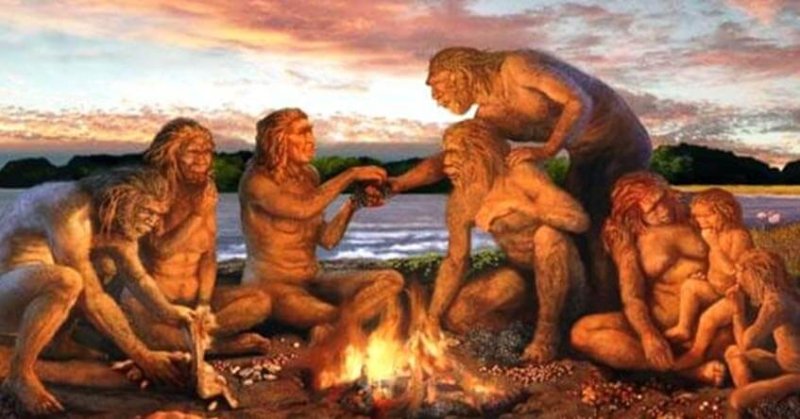Theories about the driving forces of evolutionary differentiation that separated us from our ape relatives are not lacking. Toolmaking, predisposition to murderous violence, cooperative hunting, fire control, thinking, climate change or bipedalism have been identified as decisive factors.
To the list has now been added the cooking of food. Such would be, according to the primatologist Richard Wranglam, responsible for our digestive tract to shrink for the benefit of the brain.
…
How? Because of the lower digestive effort demanded by cooked foods compared to the intake of raw food. This would have led to the decrease in the size of teeth, jaws and digestive system of the Homo lineage, for the benefit of the brain, whose growth and maintenance was devoted to the metabolic energy saved in digestion.
It should be noted that Wranglam, professor of biological anthropology at Harvard University, does not have direct empirical evidence to support his hypothesis.
…
It goes without saying that the Achilles heel of any monocausal theory of evolution such as this lies in the oversizing of a single factor above the rest of the agents involved.
Read full, original post (Spanish): El simio culinario: la cocina como motor de la evolución humana































